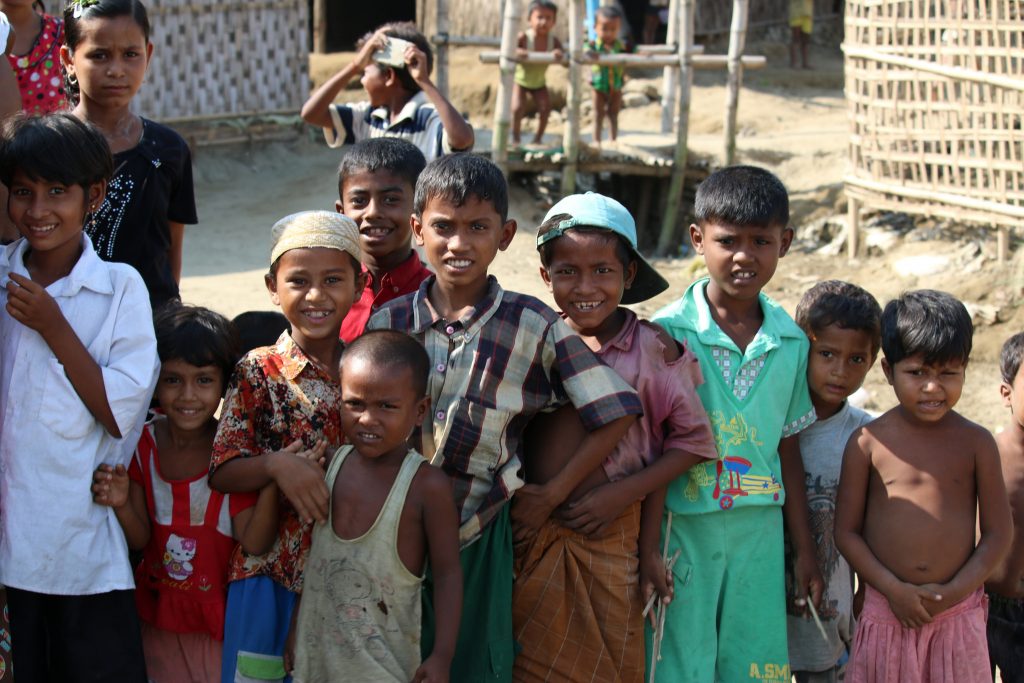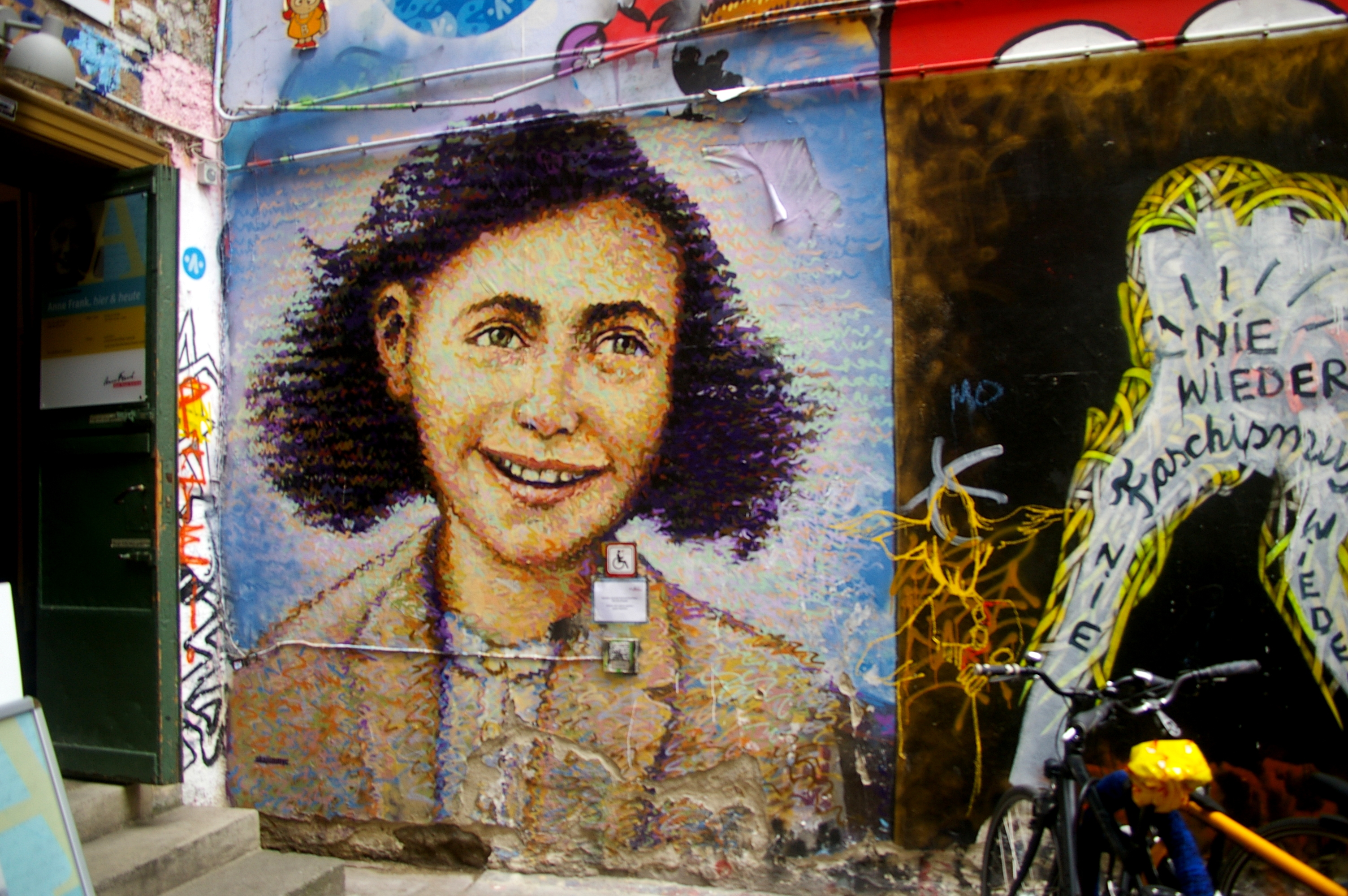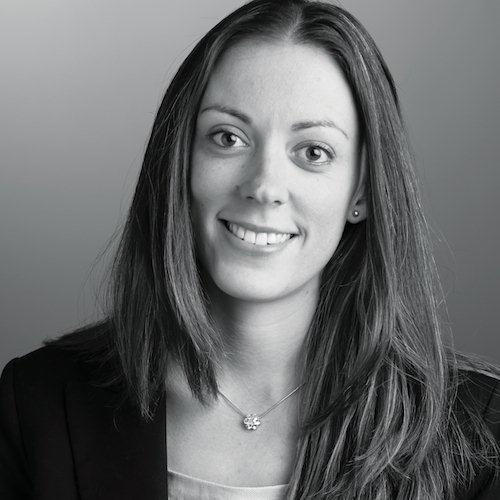With hate crimes on the rise in England and Wales, and a growing climate of fear, division and blame at the international level, it is more important than ever to fight for universal human rights. Here, we meet some of the organisations doing it.
When a person is targeted with violence or verbal abuse because of a particular aspect of their identity, this can be characterised as a hate crime. If someone is treated less favourably by a public authority or a business providing services to them, then this is likely to violate their right to equality, protected by the Human Rights Convention and the Equality Act.
Such actions undermine the human dignity of the person targeted, and can create a dangerous precedent. Singling people out and discriminating against them have also been recognised as some of the first steps on the path to genocide. So let’s meet some of the organisations working tirelessly and creatively to combat intolerance and hate.
The Anne Frank Trust UK

Image Credit: Hendrick Van Leeuwen / Flickr
The story of Anne Frank is known worldwide and serves as a constant reminder of the horrors of the Holocaust.
The Anne Frank Trust UK uses Anne’s story and her diary as a basis for teaching young people about the dangers of prejudice. They partner with schools, local authorities and the criminal justice sector to deliver educational programmes which empower young people with the skills they need to challenge attitudes and actions.
The difference we make to the young people we work with is to inspire and equip them to challenge prejudice and discrimination wherever they see it, to call it out, to want a society free from hatred, and to be part of the drive towards it.
– Robert Posner, Chief Executive of the Anne Frank Trust UK
The Trust’s programmes include an exhibition of Anne’s life and diary, as well as workshops, peer education and an ambassador programme which gives young people an opportunity to take leadership roles in their school and become active in local social action. They are also working on initiatives to combat ever-growing online hate-speech.
Protection Approaches

Image of Rohingya children. Image Credit: United to End Genocide / Flickr
Having worked for a number of years in the field of genocide and mass atrocity prevention, Kate Ferguson and Andy Fearn felt like there was a gap in the UK’s approach to protecting vulnerable groups at home and abroad.
Spurred on by the situation in Syria, they started their own NGO, Protection Approaches, which advocates for a broader, more inclusive protection agenda. It seeks to defend the rights of those who suffer any “identity-based violence”, both on an individual and mass scale. Their aim is to address root causes and commonalities, so they see the relationship between human rights at home and human rights abroad as a crucial one. As Kate Ferguson explains:
It’s about acknowledging that social division, prejudice, dehumanisation, and marginalisation occur within all societies. Mass atrocity crimes are too often understood as being particular to the ‘uncivilised other’ and that inhibits effective action.
As well as working specifically to support the UK in better predicting and preventing identity-based mass violence, they organise workshops with schools, amongst other programmes. The workshops help children to understand the processes that can lead to division, drawing parallels between hate crime, violent extremism, what’s happening in Syria, and what happened in Rwanda. Protection Approaches also convenes a UK atrocity prevention working group, uniting organisations from around the sector to push the agenda forward.
Stop Hate UK

Image Credit: Pixabay
Set up in 1995, in response to the murder of Stephen Lawrence, the original aim of Stop Hate UK was to assist victims of racial harassment. The Stephen Lawrence Inquiry later recommended that people should be able to report racist incidents and crimes 24 hours a day, and at places other than police stations, so the Stop Hate Line was set up.
The organisation now provides a comprehensive service for reporting all forms of hate crime. Support and information is provided through a 24 hour helpline, online chat, email, text, and even an app. The aim is to encourage those who would be reluctant to come forward to the police to nevertheless report what has happened, so it can be logged and dealt with. The organisation also provides training services on hate crime to a wide range of sectors, including schools and universities, health and social services, the police, the judiciary and prisons. Since 2012, Stop Hate UK has also organised National Hate Crime Awareness Week in conjunction with the charity 17-24-30.
The Anne Frank Trust UK, Protection Approaches and Stop Hate UK have each devised their own platform to combat intolerance and hatred. Such organisations play a vital role in fighting for our rights.
This piece is part of our #FightHateWithRights series and made possible by you through our crowd funder. The documentary, which launched on November 16, tells the story of three survivors of genocide.







